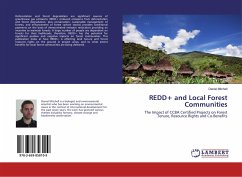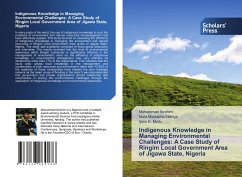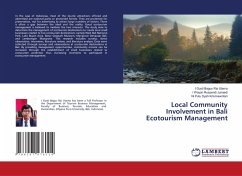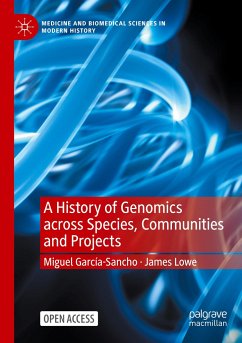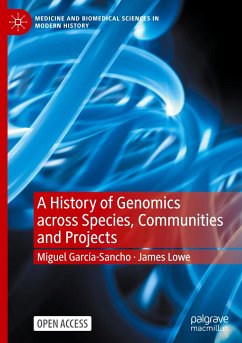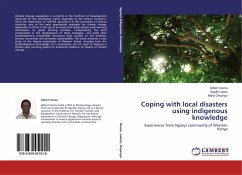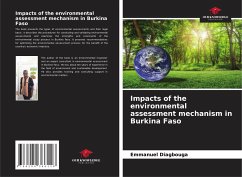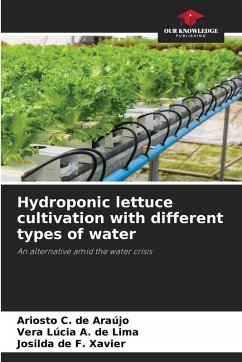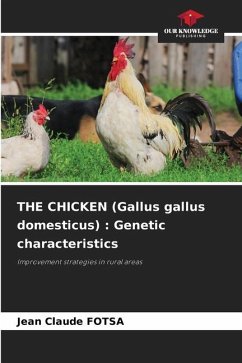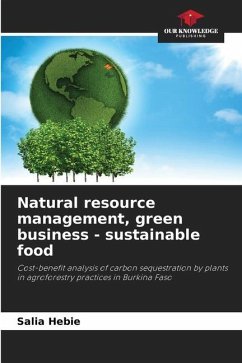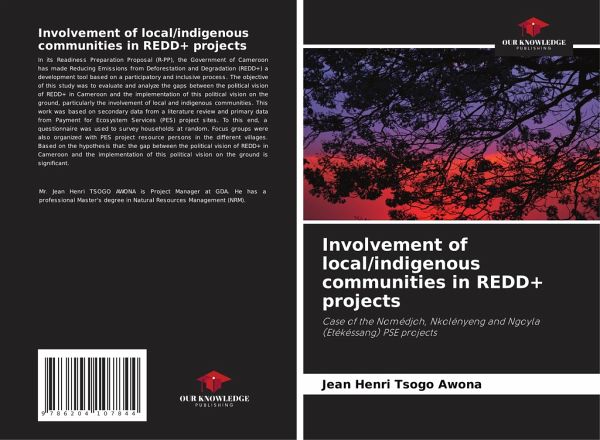
Involvement of local/indigenous communities in REDD+ projects
Case of the Nomédjoh, Nkolényeng and Ngoyla (Etékéssang) PSE projects
Versandkostenfrei!
Versandfertig in 6-10 Tagen
27,99 €
inkl. MwSt.

PAYBACK Punkte
14 °P sammeln!
In its Readiness Preparation Proposal (R-PP), the Government of Cameroon has made Reducing Emissions from Deforestation and Degradation (REDD+) a development tool based on a participatory and inclusive process. The objective of this study was to evaluate and analyze the gaps between the political vision of REDD+ in Cameroon and the implementation of this political vision on the ground, particularly the involvement of local and indigenous communities. This work was based on secondary data from a literature review and primary data from Payment for Ecosystem Services (PES) project sites. To this ...
In its Readiness Preparation Proposal (R-PP), the Government of Cameroon has made Reducing Emissions from Deforestation and Degradation (REDD+) a development tool based on a participatory and inclusive process. The objective of this study was to evaluate and analyze the gaps between the political vision of REDD+ in Cameroon and the implementation of this political vision on the ground, particularly the involvement of local and indigenous communities. This work was based on secondary data from a literature review and primary data from Payment for Ecosystem Services (PES) project sites. To this end, a questionnaire was used to survey households at random. Focus groups were also organized with PES project resource persons in the different villages. Based on the hypothesis that: the gap between the political vision of REDD+ in Cameroon and the implementation of this political vision on the ground is significant.



